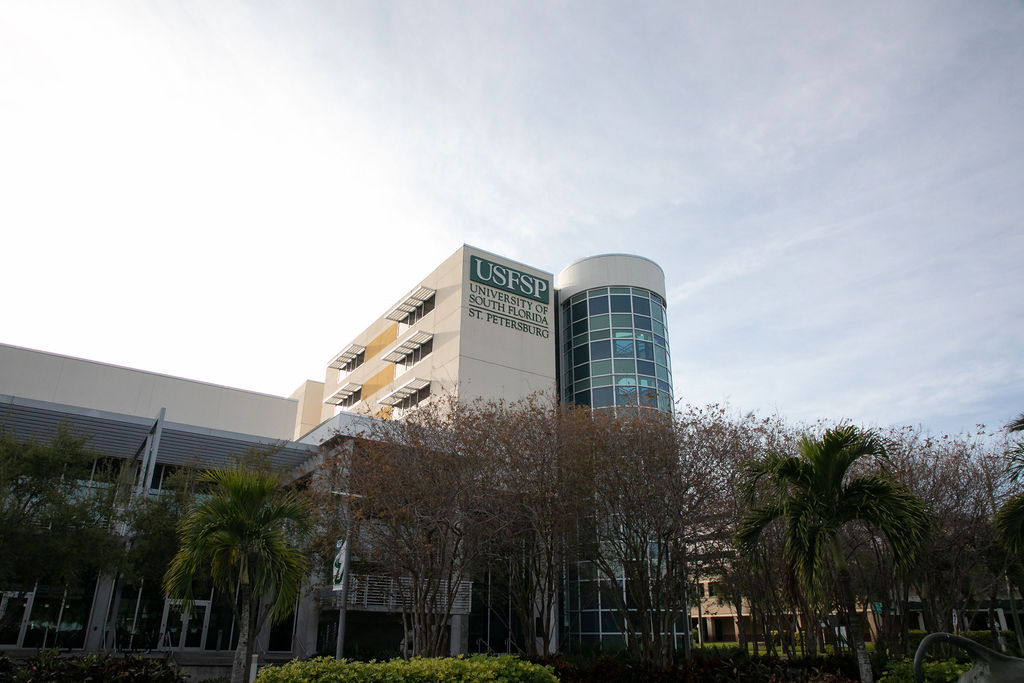Pictured Above: If you or someone you know is struggling with mental health on campus, you can call the Wellness Center to schedule an appointment at 727-873-4422.
Courtesy of Tara Zimmerman
By Molly Ryan
For many college students, online classes have been much more than time management and making sure that their computer is charged: it’s been about maintaining a healthy mental wellbeing.
With social distancing guidelines being implemented and nearly all on-campus activities coming to a halt, activities once used to diffuse stress in students are no-longer widely available.
In a fall 2020 survey conducted through the Healthy Minds Network of nearly 33,000 students, “83 percent… said their mental health had negatively impacted their academic performance within the past month, and that two-thirds of college students are struggling with loneliness and feeling isolated—an all-time high prevalence that reflects the toll of the pandemic and the social distancing necessary to control it.”
Balancing mental health and academics can become difficult for many students, especially those in their first year.
“It’s really sad to see the people around me lose interest in the things they were once passionate about,” Marja Steijlen, a biochemistry freshman at New College of Florida, said.
Jonathan Mitchell, assistant director of clinical services at USF’s Wellness Center,said that pre-existing “concerns that naturally stem from the pandemic” were “hardest to manage for people who were already struggling with those issues.”
“One of the most important things with my depression is having a schedule,” USF Tampa freshman nursing major Maria Garcia said. “It honestly doesn’t even feel like I am attending college since I am not interacting with any classmates or going to lectures.”
While stress, anxiety and depression among students seems to be increasing nationwide, usage of mental health services at USF St. Petersburg have decreased.
“We have been delivering all of our services via telehealth since mid-March of last year,” Mitchell said. “If we simply look at the number of service hours we delivered – regardless of the type of appointment – compared to the same period during the previous year, there has been a decrease in utilization. Measured this way, the decrease has been around 30 percent, on average.”
However, the data in the nationwide survey shows that there is a significant “treatment gap” for those who screen positive for depression and anxiety, suggesting that many of these students are not receiving treatment for their diagnoses.
“Often students will only seek help when they find themselves in a mental health crisis, requiring more urgent resources,” Sarah Kechen Lipson, a Boston University mental health researcher and investigator of the fall 2020 survey, said to The Brink – a research publication at Boston University. “All students should receive mental health education, ideally as part of the required curriculum.”
Although there is no clear end to the pandemic’s way of life, students can find a sign of a return to normality everyday.
As USF returns to in-person classes in the fall, Mitchell said telehealth would still remain part of the wellness center’s mental health repertoire.
“…While we are very much eager to return to our familiar method of practicing, I am certain telehealth is here to stay, at least in part, and being able to expand how we work will ultimately be more helpful to all of our students,” Mitchell said.
If you or someone you know is struggling with mental health on campus, you can call the Wellness Center to schedule an appointment at 727-873-4422.



